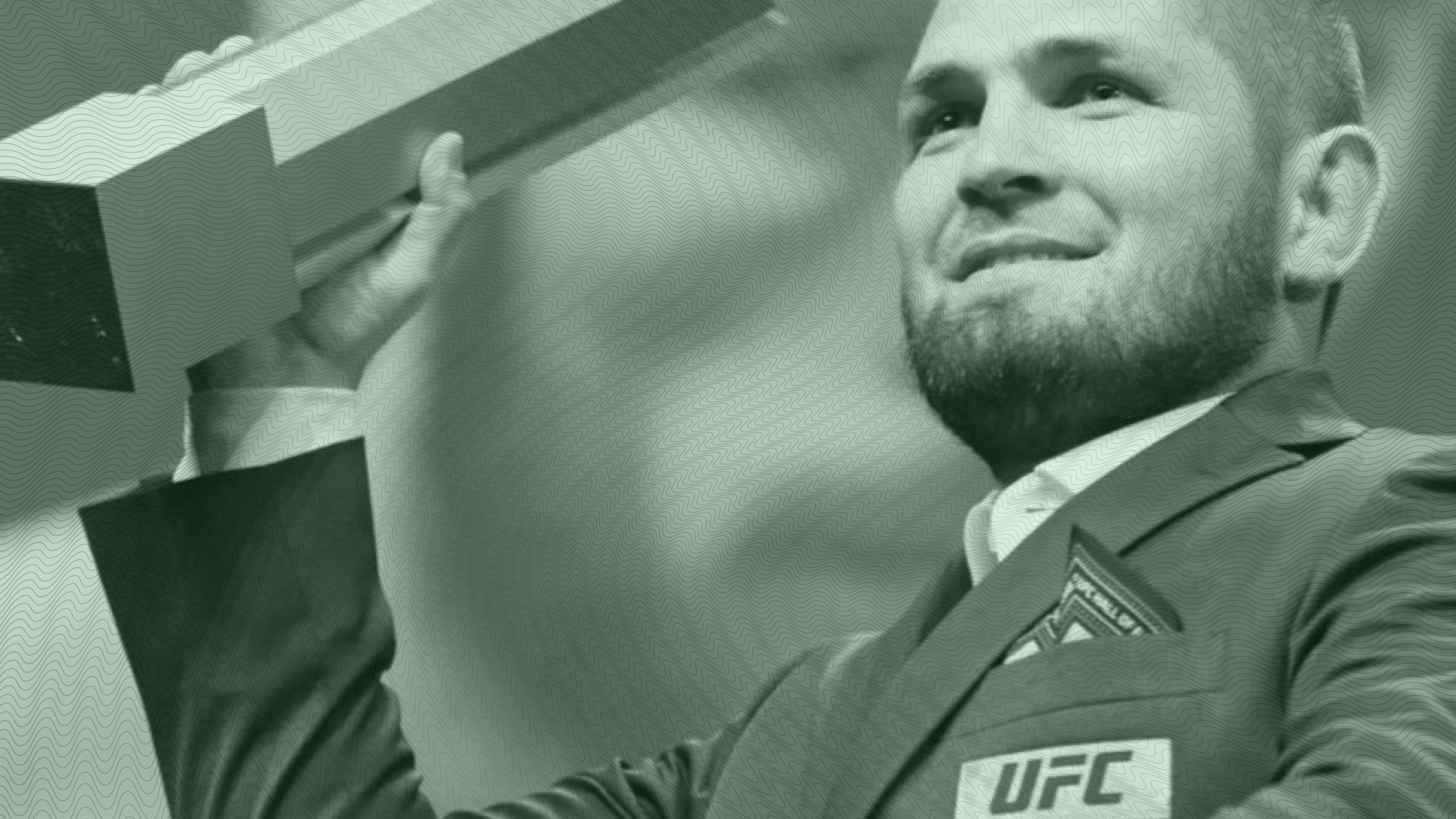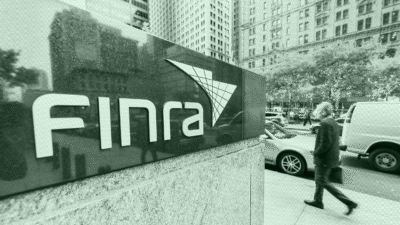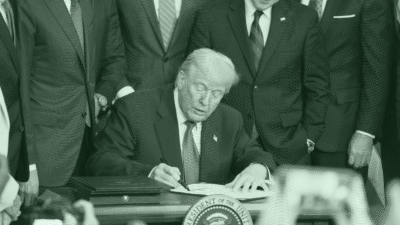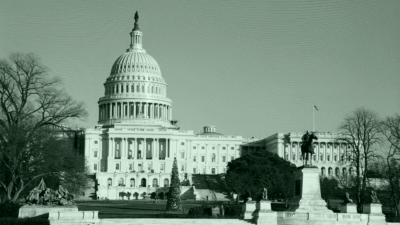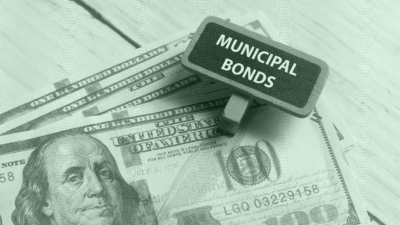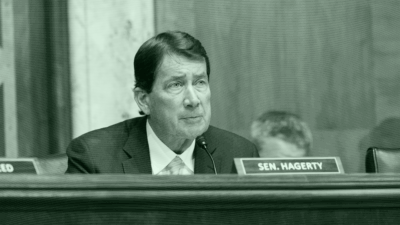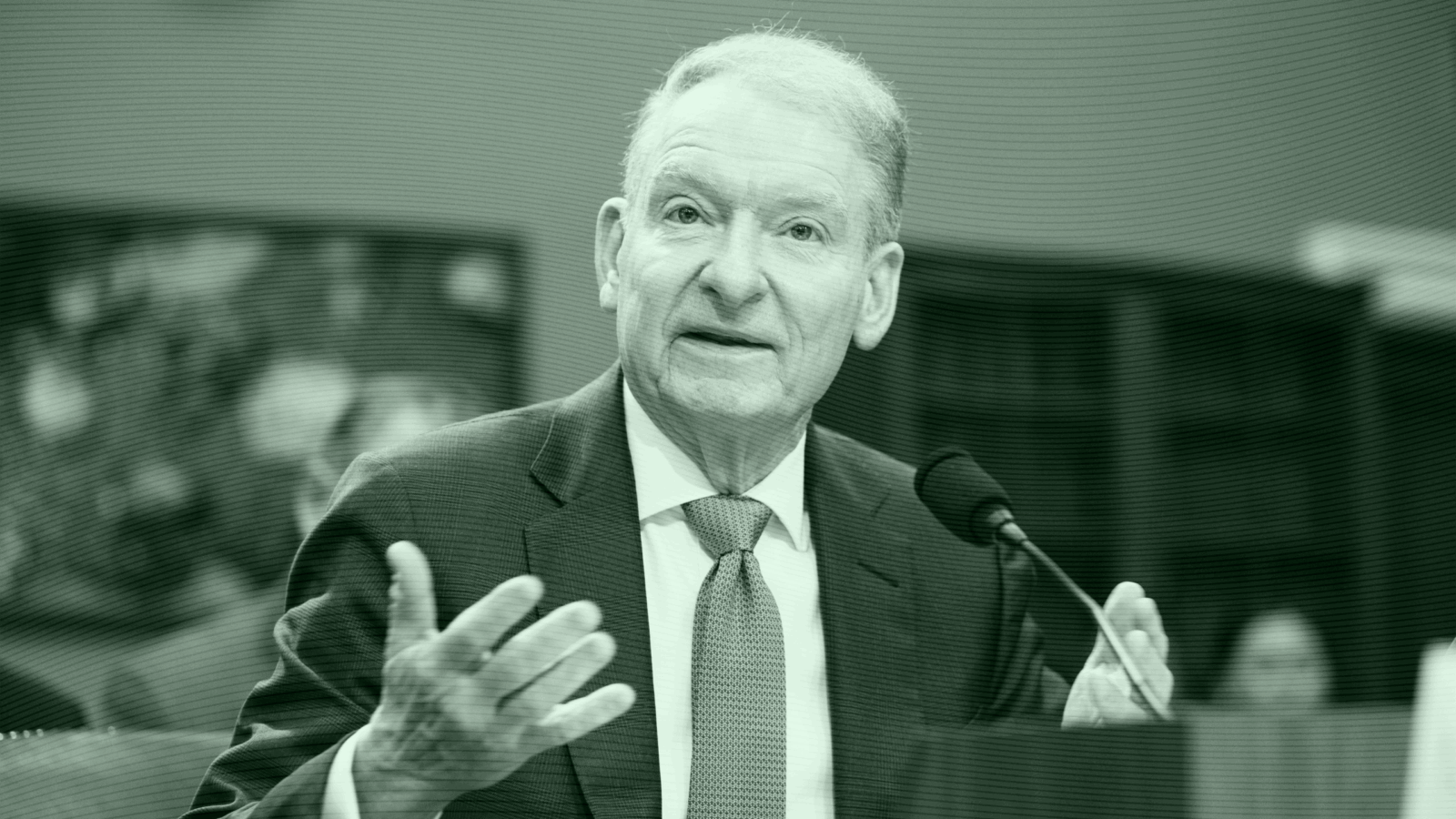SEC Fines Robo-Advisor for Athlete Endorsement Violations
The Shariah-compliant robo-advisor Wahed Invest allegedly violated advertising rules and agreed to a $250,000 fine.
Sign up for market insights, wealth management practice essentials and industry updates.
Tell the marketing team not to skimp on the fine print.
The SEC is cracking down on misleading marketing especially around advertisements that feature high-profile endorsements. Wahed Invest agreed to pay $250,000 to settle agency claims that the Shariah-compliant robo-advisor ran ads featuring professional athletes without disclosing that they were paid endorsers — not clients.
Although the SEC’s updated marketing rules to allow testimonials, endorsements, and third-party ratings went into full effect in 2022, advisors still need to disclose the information surrounding those promotions. “Wahed willfully violated the antifraud provisions,” the agency said in a release.
Take One for the Team
The firm’s ambassadors include mixed martial artists Khabib and Umar Nurmagomedov, Islam Makhachev, and Zubaira Tukhugov, as well as French soccer star Paul Pogba. The names might not be familiar to your average American NFL fan, but Pogba has almost 10 times the Instagram reach of Kansas City Chiefs tight end Travis Kelce. The SEC didn’t identify the athletes, but said “the soccer player” was not a client and had been compensated for his appearance in an advertisement with stock in Wahed’s parent, Wahed Inc., which is worth approximately $500,000, according to a filing.
The industry saw just how seriously the SEC is taking marketing rules in September, when the agency charged nine advisors for violations, totaling $1.24 million in penalties. The Dallas-based Integrated Advisors Network was hit the hardest with a $325,000 fine. In September 2023, the SEC charged another nine RIAs for violating marketing rules, with penalties reaching $850,000 in total. And this June, the agency zeroed in on a new marketing tactic, called AI washing, that companies use to mislead customers.
Been Here Before: This isn’t the first time Wahed has landed in hot water with the SEC for its advertisements.
Back in 2022, Wahed paid $300,000 to settle agency claims that the firm advertised the existence of its own proprietary funds when no such funds existed. When Wahed finally launched a proprietary ETF, it used its clients’ advisory assets to seed the product without prior disclosure to clients, the SEC said.
